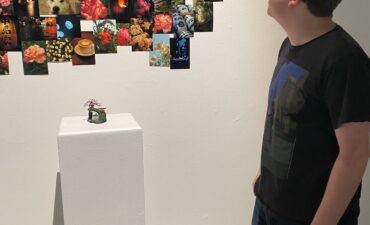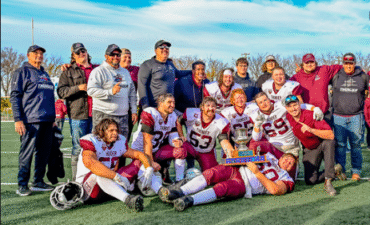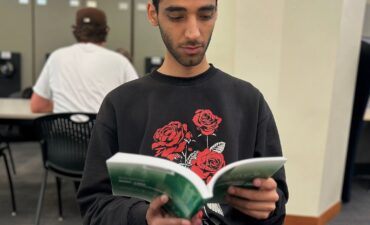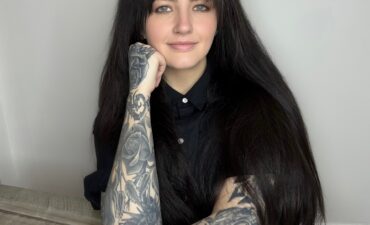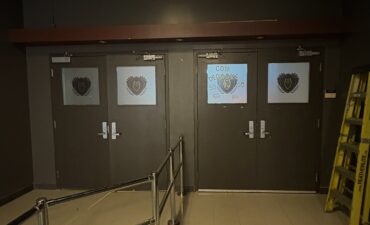
When Bradyn Parisian first quit his well-paying corporate job to become an entrepreneur with no guaranteed income, his parents thought he was crazy.
But looking back, he believes he was always destined to start his own business even though it took him some time to work up the courage to do it.
“I tried kidding myself and taking the conventional kind of career path for the first 10 years of my career, and then took a leap of faith and went out on my own. It was very, very scary,” he said.
Parisian is now one of thousands of Indigenous people across the province running their own business.
Four years on, he is a successful entrepreneur running two businesses: Vincent Developments Inc., a consulting company, and Mo’ Solar Company Ltd., a solar panel installation and service company.
After problem-solving his way through the entrepreneurial landscape, Parisian is ready to pass on his expertise to other up-and-coming entrepreneurs, especially other Indigenous people like himself.
As the newly minted Executive in Residence in Indigenous Entrepreneurship at the University of Regina, Parisian now gets to meet with business students every day.
He said Indigenous entrepreneurs face challenges other people might not, and as a member of the Métis community he can relate.
“The one gap that has always existed for me is just having access to mentors … having someone that you can see yourself in them, having gone that path and actually succeeded,” he said.
Jordan Ames-Sinclair is a Métis student in his first year at the U of R’s Paul J. Hill School of Business and an aspiring entrepreneur. For him, the biggest challenge is finding a balance between his culture and the corporate world.
“Culturally there’s a bit of a barrier,” he said. “There are things that go on in the corporate world that aren’t supported by the Métis community, so it’s kind of hard to balance my personal life as being Métis and the corporate world.”
By combining the wisdom of Elders and his community’s traditional knowledge keepers with his own thoughts and ideas, he said he finds that balance.
Despite the barriers that exist, Ames-Sinclair believes it’s important to encourage and support Indigenous entrepreneurship because it’s a powerful way to bring their cultural perspective to the economy.
The Saskatchewan Small Business Profile 2017 report put out by the provincial government said that small businesses (50 employees or less) accounted for 31 per cent of its GDP in 2016 and employed nearly a third of all the province’s workers.
According to Statistics Canada, there were 3,175 self-employed Indigenous people in the province in 2011, and Indigenous start-ups were most common in Saskatchewan out of all Canadian provinces. The number of self-employed people in Saskatchewan overall is also on the rise. Between 2006 and 2016, the province saw a gain of 9,000 self-employed people – a 9.4 per cent hike – stated the provincial report.
Ames-Sinclair wants to hop on this wave, hoping to start his own business in the service industry to join the nearly 150,000 small businesses currently operating across the province. In the future, he also hopes he and other up-and-coming Indigenous entrepreneurs can provide mentorship to inspire future generations.
“If you were to be an Indigenous entrepreneur starting your own company, not only will the Indigenous community around you support you, but you’ll also be supporting them,” he said.
“We are strong and we’re innovative and we’re trying to adapt to society around us.”
Parisian is already seeing the inspirational effects of his entrepreneurial trailblazing. His six-year-old son Vincent has his sights set on starting his own business.
“I want to have a big rock and gem service … so I can make lots of money,” said Vincent.
Parisian believes Indigenous people need to see people from their community succeed in business who then turn around and convince other people they can do the same.
“They can do it. There aren’t enough people telling them they can do it. (They’re) no different than anyone else succeeding in that world,” he said.
“I want to see more of them realize that they can basically take their own destiny in their hands and shape it to whatever they want it to be.”


